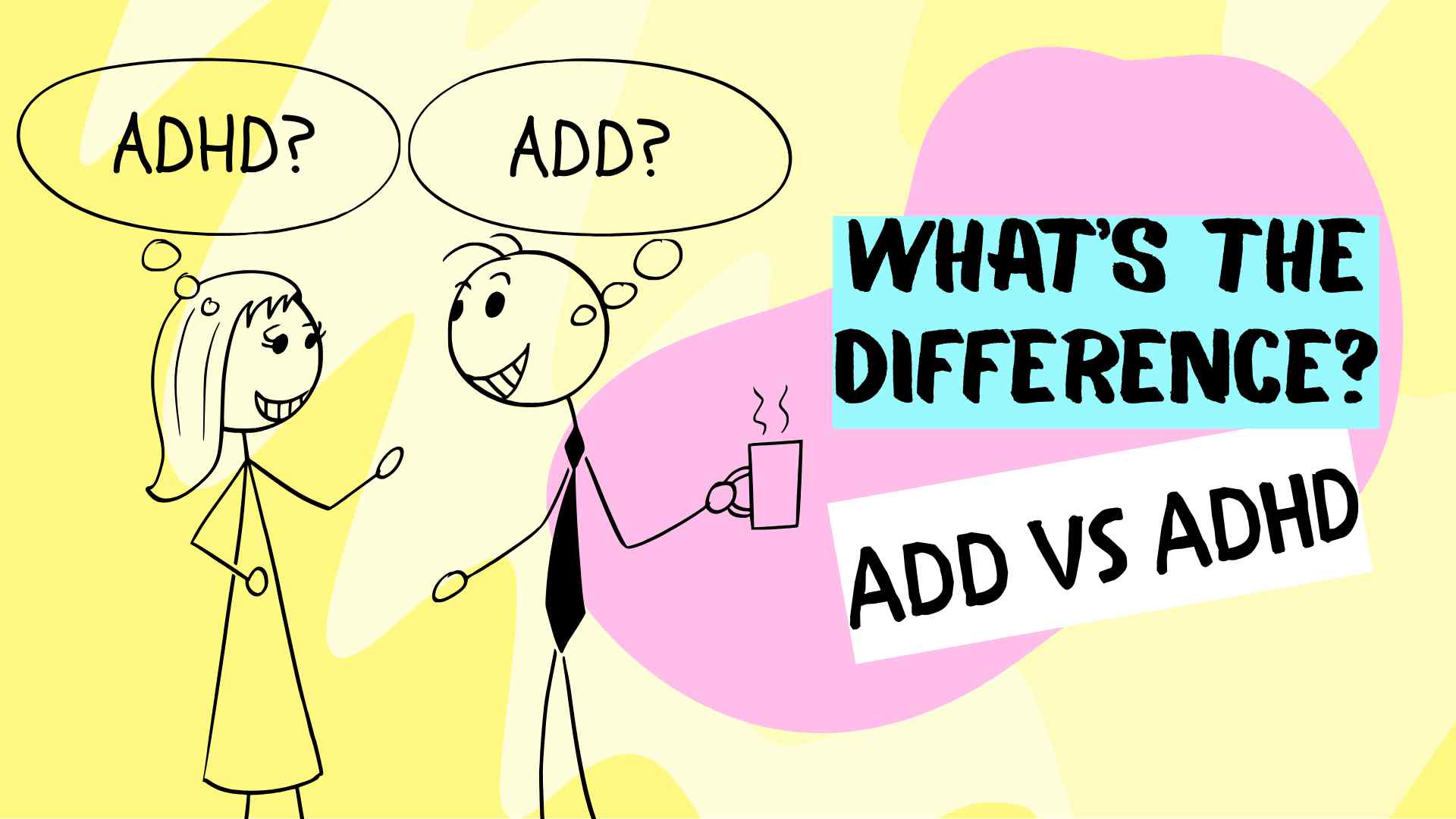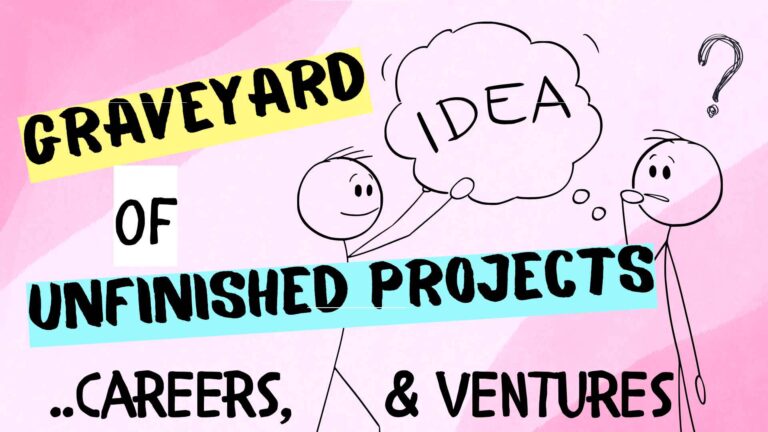Alright, let’s clear up some confusion. You’ve probably heard people throw around “attention deficit” and “ADHD” like they’re the same thing. Spoiler alert: they’re not. And if you’ve ever wondered why your brain works the way it does—or why some days feel like a chaotic mess while others are just mildly scattered—understanding the difference can actually help.
Table of Contents
- Attention Deficit: The “Wait, What Was I Doing Again?” Brain
- ADHD: The “Why Am I Like This?” Brain
- Why Does This Matter?
Attention Deficit: The “Wait, What Was I Doing Again?” Brain
Attention deficit is exactly what it sounds like—struggling to focus, getting distracted easily, and sometimes feeling like your brain is running ten tabs at once with no idea which one is playing music.
People with attention deficit might:
- Zone out mid-conversation
- Forget what they were supposed to be doing five minutes ago
- Struggle with finishing tasks (because, hello, new shiny idea!)
- Have trouble organizing thoughts or prioritizing
But here’s the thing—attention deficit doesn’t necessarily mean hyperactivity. Some people have the inattentive type of ADHD (formerly called ADD), where their brain is more quietly chaotic rather than outwardly restless.
ADHD: The “Why Am I Like This?” Brain
ADHD (Attention Deficit Hyperactivity Disorder) takes attention deficit and cranks it up a notch. It’s like your brain is a race car with no brakes. You’ve got the same focus struggles, but now there’s impulsivity and hyperactivity thrown into the mix.
People with ADHD might:
- Interrupt conversations without realizing it
- Feel like they have to move (fidgeting, pacing, tapping—anything)
- Act impulsively (buying random stuff, blurting things out, making decisions at lightning speed)
- Struggle with sitting still or waiting their turn
Basically, ADHD is attention deficit plus an extra dose of energy that doesn’t always know where to go.
Why Does This Matter?
Knowing whether you lean more toward attention deficit or full-blown ADHD can help you figure out what strategies actually work for you. If you’re more inattentive, structure and reminders might be your best friend. If you’ve got the hyperactive side, movement-based focus techniques (like walking meetings or fidget tools) can help channel that energy.
At the end of the day, neither one is a flaw—it’s just how your brain is wired. And once you understand it, you can stop fighting yourself and start working with your brain instead of against it.
Throw in your personality type, and you can really start decoding yourself. I’ve spent a lifetime figuring out my own brain – this website is a result of that. You, too, can hack your brain and live a wonderful, productive life!
#inthistogether -Renee




